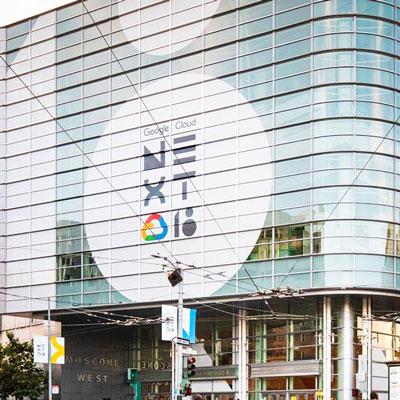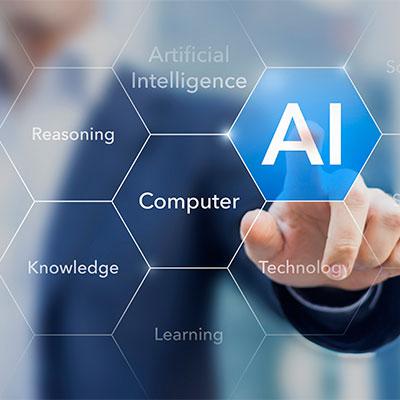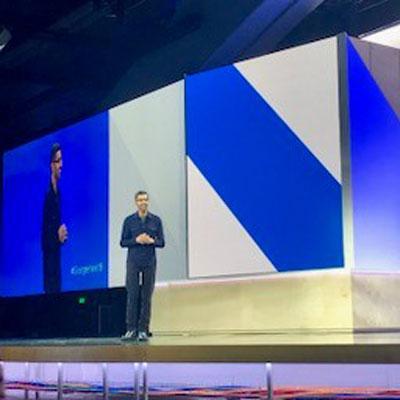Google Cloud Platform: 5 Bold Statements Made At Google Next 2018

What's Next?
Google hasn't been quiet about its mission to take on larger customers, and the tech giant wants to get word out on how far it's come. The Google Cloud Platform has been infused with AI technology and security capabilities, and its channel ecosystem of more than 12,000 partners has been key in evangelizing the platform over the last two years.
Diane Greene, CEO of Google Cloud Platform, along with Google CEO Sundar Pichai, took to the third annual Google Next cloud conference to talk about GCP's strengths, how far the cloud platform has come, and the next big opportunities for partners.
Here are five things Google wants partners and businesses to know about GCP.

AI: The "Number One" Opportunity
Google has a fast-growing body of AI technology that comes naturally to the cloud giant. Before Google's cloud platform was ever publicly available, the company was using AI internally. Google's founders knew that AI would be important early on, and the technology remains an area today in which Google is heavily investing, Greene said.
"AI is the number one opportunity," Greene told an audience of customers and channel partners at Google Next during her opening keynote. "We are incorporating AI into everything we do … [whether its] data center energy usage, BigQuery, or Gmail."

Leading The Way In Cloud Security
While AI is the number one opportunity, security is the number one concern, according to Greene. That's why Google has, since its inception, always prioritized security. That's a good thing because Google happens to be a very large target.
"Due to all the horrendous attacks on Google over the years, we're now a leader in security. It's built into every layer. It's not bolted on … [it's within] every server and every Chromebook. Everything in transit is encrypted by default," she said.

GCP's Enterprise Readiness
Google has always been proud of being a cutting-edge company, but it's also proud of having the "table stakes" that enterprises need. However, two years ago, analysts were telling Google that the firm wasnt ready for the enterprise, and that it might take upwards of ten years before the company was ready for these customers, Greene admitted. She said that in joining Google as CEO of GCP two years ago, she believed making Google more enterprise-friendly was her mission.
"We buckled down, and we are psyched to be named a leader today in three of Gartner's Magic Quadrants -- IaaS, API Management, and Content Collaboration, which has squeaked across a billion users," she said.

Google's "Mission"
Pichai (pictured) made a surprise appearance during Greene's keynote to elaborate further on Google's mission to not only organize the world's information, but to organize businesses' information. Pichai said that Google has focused mainly on helping users get things done in the context of their personal lives, but after launching Gmail, the company realized what it could do the same for business users, if given the chance.
"Our mission is to make the world's information universally accessible and useful. What's changed over the past 20 years is how we think about our users, and a big part of the change is all of you," Pichai told the audience. "[Our mission] is businesses large and small, developers, partners, creators, and everyone in between. We want to help everyone from the large enterprises, to the coffee shops around the corner. To do that, we are bring the best of Google's technology and infrastructure and opening it up to the widest possible community of partners, developers, and customers."

Partners "Completely Key" To Google
Google has more engineers than it does sales reps, and that means that partners -- both technology partners and consulting partners -- are "completely key" to its growth strategy as the cloud provider strives to take on larger customers, Greene said. Google's channel ecosystem is more than 12,000 partners strong today.
"We don't want to do this alone," she said. "Accenture and Deloitte are two examples of our highly trusted SI partners and we are really doubling down on the practices we are building with them. We also love our small boutiques and we will tend to them with our engineers."